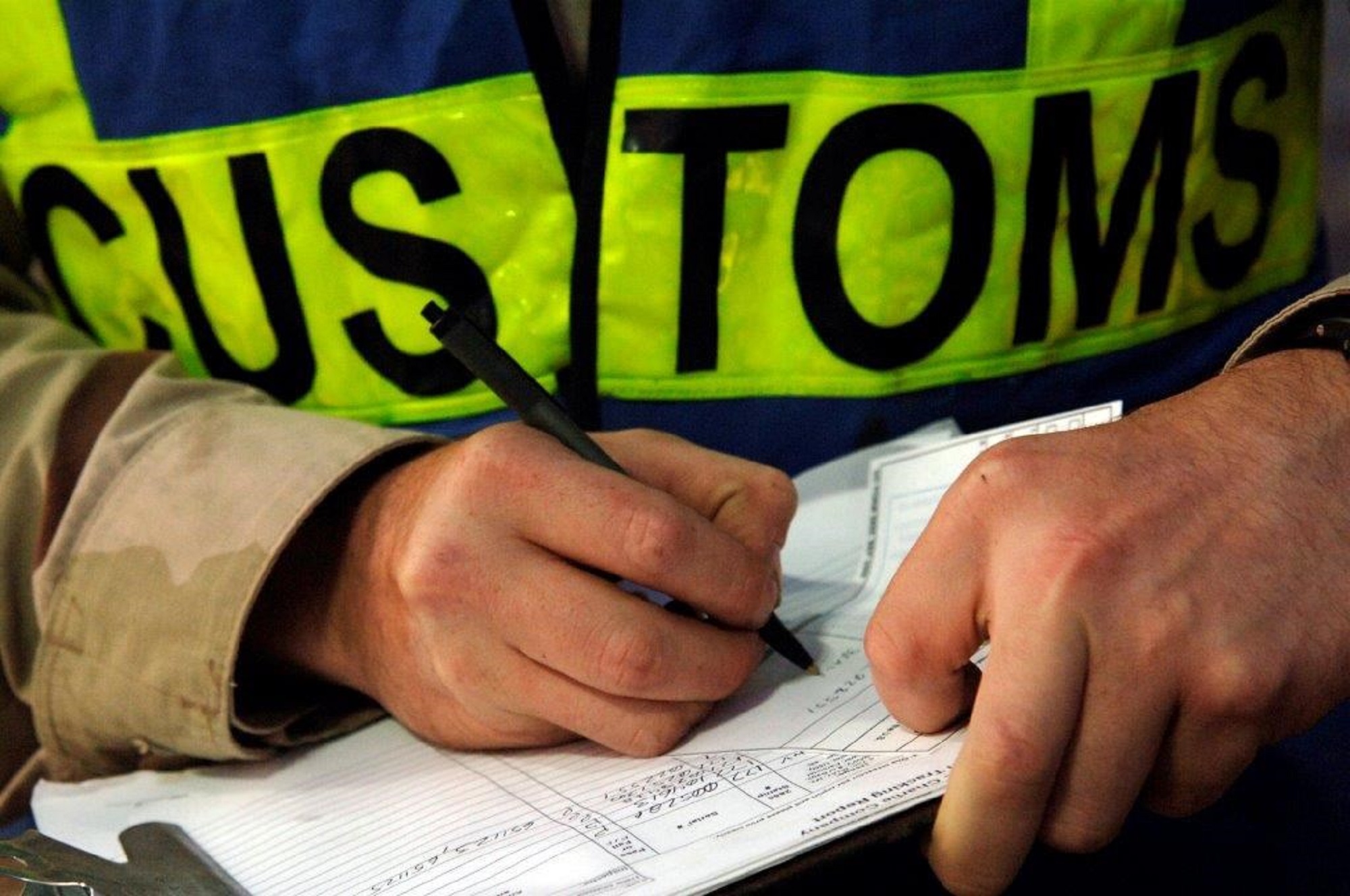Recently the Court of Justice EU has ruled in a case about intra-Community chain transactions (CJEU Herst, no. C-401/18). The European court emphasises that it is important for the application of the VAT zero rate to determine what sales transaction the transport of goods is related to. In this publication we briefly address the case and we discuss the practical consequences.
The importance of correct transport allocation
In case of intra-Community chain transactions multiple sales transactions take place whilst the goods are transported only once from Member State A to Member State B. It follows from earlier case law that the VAT zero rate can in that case only be applied to the supply that the transport has the closest ties with. The other supplies are subject to VAT at the general VAT rate. Hence, the allocation of the transport is essential to determine the correct VAT consequences of the sales transactions and, consequently, to prevent additional VAT assessments.
The Herst case: facts
Herst is a Czech company that, as part of its operations, trades in fuel. In the period from 2010 to 2013 Herst transported fuel from various Member States to the Czech Republic, where it also acted as final buyer after a chain of subsequent transactions between other parties. The Czech Tax Administration argues that Herst, as the final buyer, did not purchase the fuel locally in the Czech Republic but, instead, performed intra-Community acquisitions. The inspector is therefore refusing the deduction of the VAT that the supplier charged to Herst.
Judgement Court of Justice
The European court notes that also in this case the VAT zero rate can only be applied to one of the supplies in the chain. After all, there is only one transport movement. The Court rules that the allocation of the transport basically depends on the time that the power to possess in respect of the goods transferred to the final buyer. This ‘time criterion’ can, however, not simply be applied to the Herst case because during the transport multiple transfers of the power to possess took place. That is why the referring Czech court needs to take different circumstances into account, e.g. the intention of Herst to, after acquisition, resell the fuel to its own customers. The question to what degree Herst was able to determine the destined use of the fuel, for instance by deciding to resell or not, is also important.
Practical importance
In earlier case law the European court indicated that the moment of the transfer of the power to possess is decisive for the transport allocation in case of intra-Community supplies of goods. The ruling in the Herst case now nuances this guiding principle. Depending on the circumstances, other factors can also play a role, e.g. the intention of the involved entrepreneur and the possibility of determining the destined use of the goods. These kinds of aspects are particularly important when multiple transfers of the power to possess take place during the transport.
We do, for that matter, note that effective from 1 January 2020 a special scheme applies to the allocation of transport in case of intra-Community chain transactions. This scheme offers more clarity to entrepreneurs, in order that they are better able to determine the correct VAT consequences of their cross-border deliveries of goods.
Do you have questions or would you like advice about the VAT consequences in case of intra-Community (chain) transactions? Please contact us.
This content was published more than six months ago. Because legislation and regulation is constantly evolving, we recommend that you contact your Baker Tilly consultant to find out whether this information is still current and has consequences (or offers opportunities) for your situation. Your consultant will be happy to discuss the latest state of affairs with you.





